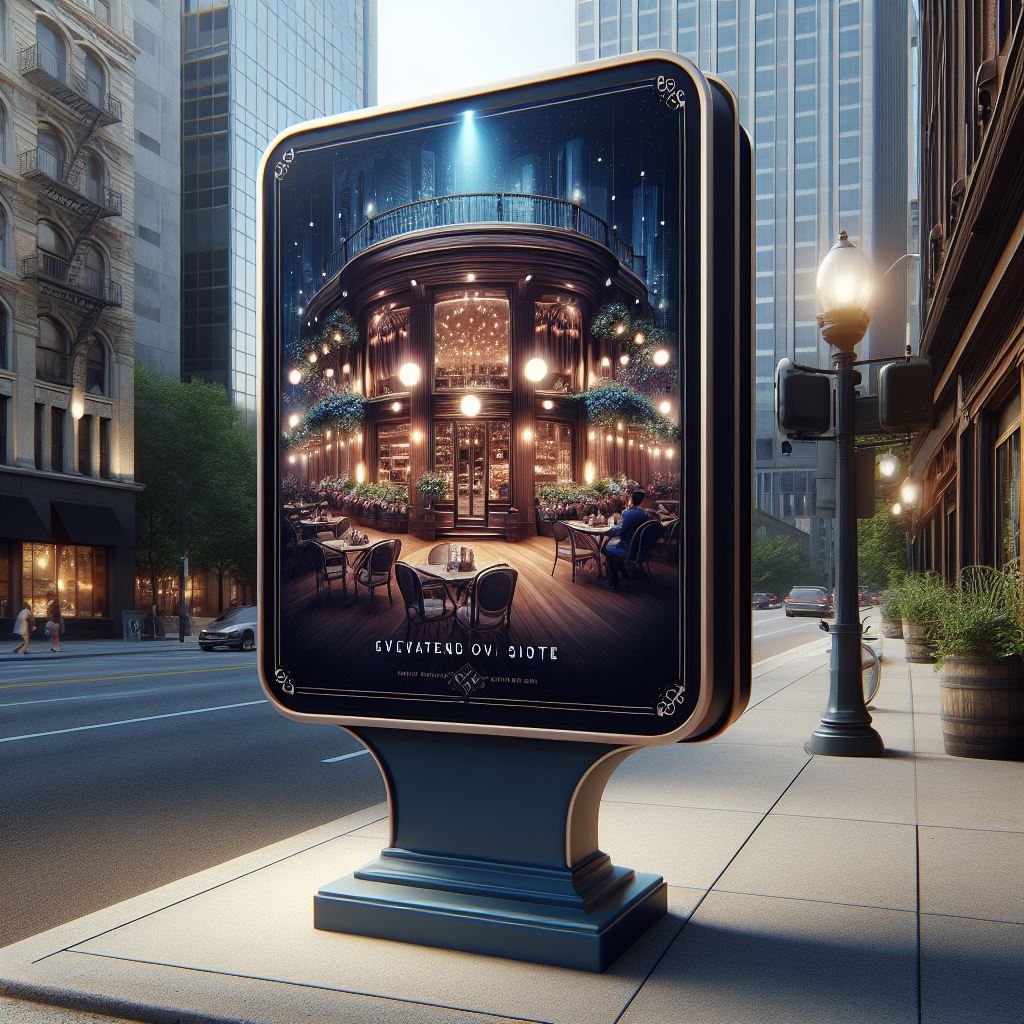Grasping the nuances of Gen Z’s media consumption is pivotal for brands seeking to create impactful gen z advertising examples. This demographic, born between 1997 and 2012, is not only digital-native but also highly selective and value-driven in their media choices. They are the first generation to grow up with immediate access to the internet and social media, which has shaped their preferences for authenticity and creative storytelling.
Research shows that Gen Z favors platforms like Instagram, TikTok, and YouTube, which offer quick, visually rich, and interactive content. They are less likely to engage with traditional media such as television and print, opting instead for on-demand entertainment and information. To truly resonate with this audience, advertisers must craft campaigns that are not just visually appealing but also convey a strong message of social responsibility and inclusivity.
One of the key strategies to engage Gen Z consumers is through user-generated content and influencer collaborations. These approaches foster a sense of community and trust, which is paramount for this generation. Moreover, brands need to be active listeners and adapt their messaging to the evolving cultural and social landscape that Gen Z is deeply connected to.
Act now and reserve your ad space today! Visit goldcreekllc.net and discover how to leverage these insights for your next campaign.
Creating Authenticity in Advertising for Gen Z

Authenticity is the cornerstone of any successful campaign targeting Generation Z. This savvy demographic can quickly detect and dismiss ads that feel disingenuous or salesy. Instead, they gravitate towards brands that uphold transparency and genuine connections. To embody authenticity in advertising, companies must align their values with those of their Gen Z consumers and communicate this through unfiltered, relatable content.
Real stories and real people resonate deeply with this audience. Featuring actual customers or relatable influencers in campaigns, as opposed to using celebrity endorsements, can help a brand appear more trustworthy. Moreover, showcasing behind-the-scenes content, embracing imperfections, and engaging in two-way conversations on social media platforms are tactics that can enhance a brand’s authenticity.
Gen Z advertising examples that have succeeded in this realm often include campaigns that tackle social issues, promote diversity, and encourage individuality. By championing causes that matter to Gen Z and reflecting this in their marketing strategies, brands can forge stronger emotional connections with their audience. It’s about creating a narrative that Gen Z can see themselves in and want to be a part of – one that goes beyond the product to touch on their identity and aspirations.
Leveraging Social Media Platforms for Gen Z Engagement
For brands looking to engage Gen Z, social media is the battleground where the most authentic connections are made. Popular platforms like Instagram, TikTok, and Snapchat are not just channels for content sharing—they are integral to the daily lives of young consumers. Understanding and leveraging these platforms can be pivotal for the success of Gen Z advertising campaigns.
Each platform has its own unique culture and demands a tailored approach. TikTok, for instance, thrives on creativity and viral challenges, while Instagram is the home for curated aesthetics and storytelling through visuals. Snapchat, with its ephemeral content, appeals to Gen Z’s desire for spontaneous and real-time interactions. Brands that excel on these platforms create content that is not only shareable and engaging but also platform-specific and timely.
To truly captivate Gen Z, brands must also embrace the latest social media trends and features—such as AR filters, live streaming, and user-generated content campaigns. These methods encourage active participation and co-creation, which can significantly boost engagement rates. Furthermore, brands that maintain a consistent and responsive social media presence can build a sense of community among their Gen Z audience, fostering loyalty and advocacy.
Incorporating Influencers into Gen Z Marketing Strategies

Influencer marketing has proven to be an extraordinarily effective strategy to reach and engage Gen Z. This cohort trusts influencers as much as traditional celebrities and often views them as peers or aspirational figures. By incorporating influencers into Gen Z marketing strategies, brands can leverage this trust to create authentic endorsement and relatability.
When selecting influencers, it’s vital for brands to consider the alignment of the influencer’s values with their own. Gen Z is highly attuned to authenticity and can quickly detect when an influencer’s promotion doesn’t seem genuine. Successful collaborations often happen with micro-influencers, who may have smaller followings but boast higher engagement rates and niche audiences that can provide a better ROI.
Brands should also encourage creative freedom, allowing influencers to craft content that resonates with their audience while staying true to their unique voice. When influencers are given the liberty to be themselves, the content produced is more engaging and personal, striking a chord with Gen Z consumers. This personalized approach not only enhances the brand’s message but also drives meaningful interactions, resulting in a more impactful campaign.
Interactive and Immersive Campaigns with Gen Z Appeal

Gen Z consumers are digital natives who value experiences and interactivity. Brands looking to capture their attention are turning to interactive and immersive campaigns that offer more than simple advertisements. These campaigns engage users by making them active participants, thereby creating a deeper connection with the brand.
One effective approach is the use of augmented reality (AR) and virtual reality (VR) technologies. These tools can transport users to different worlds or overlay digital information onto the real world, offering a unique and memorable brand experience. For example, a fashion retailer could use AR to allow customers to ‘try on’ clothes virtually, while VR could be used for virtual store tours or product demonstrations.
Another strategy is the incorporation of interactive elements into social media campaigns, such as polls, quizzes, and challenges. These not only foster engagement but also provide valuable insights into consumer preferences. Social media platforms like Instagram and TikTok, with their story and video features, are perfect for such campaigns, encouraging user-generated content that amplifies the brand’s reach organically.
Brands that successfully implement interactive elements into their campaigns often find that Gen Z consumers are more likely to share their experiences with their peers, leading to increased brand awareness and loyalty. In an age where experiences are highly valued, these immersive campaigns play a crucial role in making a lasting impression on the Gen Z demographic.
Analyzing Successful Gen Z Campaigns for Key Takeaways

As marketing professionals, it is crucial to dissect successful Gen Z campaigns to distill the key elements that made them resonate with this young audience. Analysis often reveals that authenticity, social responsibility, and digital innovation are at the heart of these campaigns. Brands that have mastered the art of speaking ‘with’ rather than ‘at’ Gen Z are the ones that truly stand out.
Take, for instance, a campaign that leverages influencers in a way that feels organic and genuine. Gen Z is adept at detecting insincerity, so the influencers who share their real-life experiences and values aligned with the brand create a powerful narrative that Gen Z can relate to.
Furthermore, campaigns that highlight a brand’s commitment to social and environmental issues tend to gain traction among this socially conscious group. Showing not just in words, but in actions, how a brand is contributing to a better future is a narrative that strongly appeals to Gen Z’s ethos.
Lastly, the seamless integration of technology in a way that feels native to their daily lives can catapult a campaign’s success. Whether it’s through an engaging app, interactive digital content, or a viral challenge, the key is to blend the brand’s message into platforms and mediums that are second nature to Gen Z.
In essence, the takeaways from analyzing these campaigns are clear: be authentic, socially responsible, and technologically savvy. If you’re looking to connect with Gen Z, act now and reserve your ad space today at goldcreekllc.net and let us help you craft a campaign that resonates with this influential demographic.

